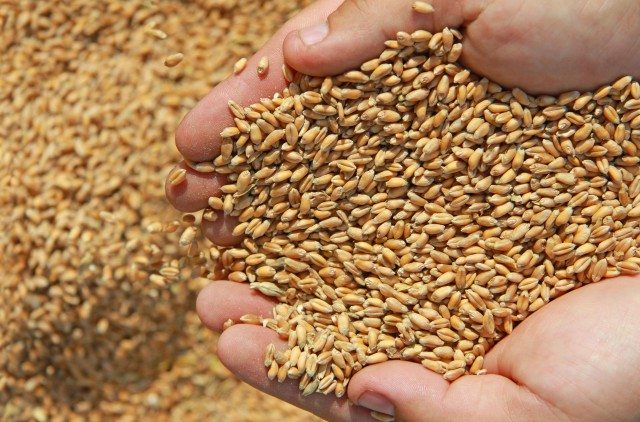Global food security company Blumberg Grain and the Government of Egypt are developing reportedly one of the world’s largest integrated food security systems for grain storage.
The first phase of the new food security project covers 93 sites across Egypt, and enables primary processing of 3.7 million metric tons of wheat per year across a platform of 3.6 million square feet of storage space
The country is dubbed as the largest purchaser of wheat in the world.
Purchases of the country’s wheat are directed by the Ministry of Supply, who selected Blumberg Grain to design and build the country’s new food security system.
The system will support the ministry in recovering crops lost to post harvest losses, saving the country up to an estimated US$200 million annually.
“This begins the implementation of the Government’s vision for Egypt to become the food security center of the Middle East,” said David Blumberg, CEO of Blumberg Grain – Africa.
“The project will transform the current barn storage infrastructure into a network of sophisticated warehouses with Blumberg Grain screening, drying and grading technologies, as well as our access and inventory management systems that will develop the platform for a commodities exchange in Egypt.”
The company also intends to build a manufacturing plant and export hub to produce food security technology and systems including equipment and storage buildings for the Middle East and North Africa (MENA) region, and has several proposals from MENA nations, including Egypt, for its hub.
“Though the ongoing competition for our MENA manufacturing plant and Hub has not concluded, this contract places Egypt in a good position to gain the manufacturing plant and a large portion of Blumberg Grain’s MENA region investment program target of up to $250 million in processing and packaging facilities as well as high yield farming,” said Blumberg
The MENA manufacturing plant will have “a production capacity of 1200 food storage buildings annually and the capability to manufacture food security equipment, both for the Egyptian market and for export of ‘Made in Egypt’ food storage systems throughout the Middle East,” said Christian Rath, Head of Applied Engineering.
It is expected to create 1000 new jobs, as well as an economic impact estimated by KPMG at US$1 billion in the first year, and US$7 billion over five years. Besides increasing exports and utilize local content in the manufacturing process, the plant will include an agricultural institute to train farmers in techniques to raise crop yields and better secure and protect the quantity and quality of the harvest.










